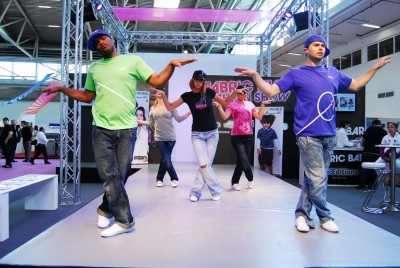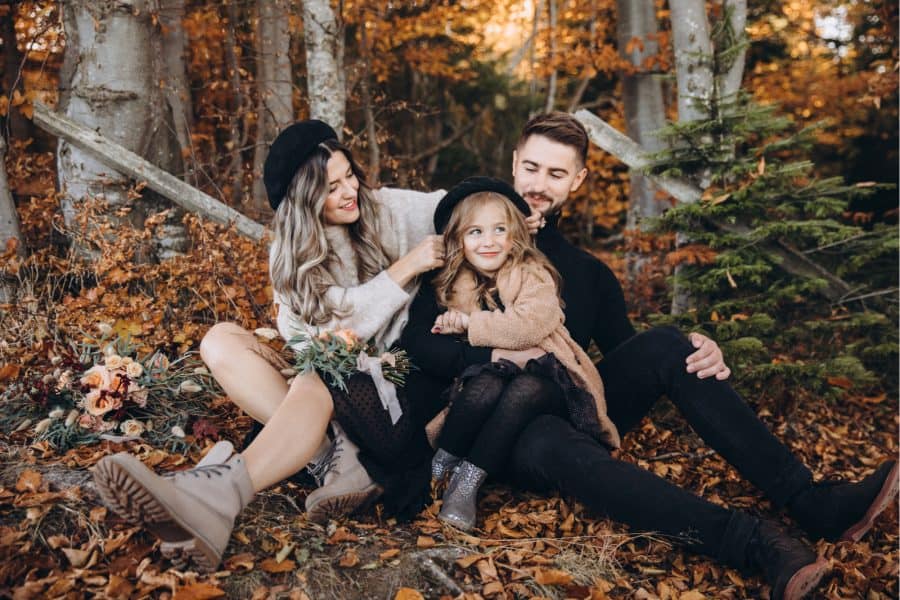Have you ever asked yourself, “What if…??“
Regrets are natural. They could be in your personal life or in your career. You may regret not trying out for a sports team or playing an instrument. Sometimes the reason is logical; at other times a little bit of self-doubt creeps in to ruin a perfectly good opportunity. Occasionally this self-doubt is irreversible: that is to say, once you have a feeling of scepticism or uncertainty, you never get over it and won’t look to conquer these negative sentiments. When this happens, self-doubt has won. They’ll be other chances to beat it, but for now, the only thing that has stopped you in your tracks is a lack of confidence…
Confidence – a “faith” in oneself or one’s abilities – is an important factor in modelling. Let’s go back to the original question, “What if…?” If you’ve ever given real consideration to becoming a model, you might already be half-way there. It’s probably a bit of self-awareness and lack of confidence that has proved the defining obstacle to your modelling dreams.
A lot of people aren’t aware of the genuine prospects modelling can provide: the industry is now openly looking for models of all sizes, shapes, backgrounds, talents and ages (yes, that includes toddlers to the more mature models). And it’s not just clothes or fashion modelling that clients look for either. Unique features are like gold dust, so if you have a distinctive physical characteristic or a particular attribute that stands out, use it to your advantage! Note: we use the word “unique” to mean “special” or “exceptional”, not “different”. As a prospective model, you need to identify your valued assets and have the confidence to take the next step into modelling – and that’s knowing your plus points and getting in touch with Models Direct!
Allow us to be philosophical for a minute. The above definition of confidence is true enough (“A faith in oneself or one’s abilities”), but let’s delve deeper. “Faith” is regarded as a belief without evidence. Here are two examples of confidence and faith, both with different connotations:
1. If you tell a friend that you have “faith” in them in running a full marathon in two hours, you’re not being sincere (after all, no one has ever accomplished a sub-two hour marathon!). All you’re really doing is being over-optimistic to show your support and to psych up your friend. It’s harmless, but ultimately doesn’t mean a lot – you’re not confident at all they’ll be able to run 26 miles in under 120 minutes…who would be?
2. You earnestly tell a would-be model friend they should consider modelling. “But why?” you hear them cry, “I couldn’t do it, could I?” You tell them you have “faith” in their qualities – whether facial features, unique selling points or simply because you know a bit about the industry and what some clients are looking for. You are being genuine in your “faith” because the evidence is there in front of you – the evidence is your friend, staring at you! Your sincere comments then get your friend to thinking about becoming a model. And what did it take? Just a few honest words to increase their confidence. Perhaps, simply, no one ever told your friend they’ve got modelling potential in the first place. What a shame.
Confidence can be either self-appointed or gained. A lot of famous models questioned their potential before their successful careers. In many interviews, Cara Delevingne stated frankly she was bullied at school and felt no sense of self-worth. Look at her now! Leading up to inventing the light bulb, Thomas Edison failed so many times he nearly gave up. But, as we know, he didn’t, and went on to quip, “I have not failed ten thousand times—I’ve successfully found ten thousand ways that will not work.”
There are many things that hold certain people back: children, work, lack of motivation. These are all viable, and people shouldn’t be judged on these alone. A fear of failure is also justifiable, but is easier to overcome. It comes down to needing that spark of confidence to take them to the next level. Don’t give up at the first sign of failure: use it as a learning curve to gain more knowledge and to come back stronger.
Confidence – everyone has the ability to have it and to use it. But treat it with respect. Too much of it can sour a relationship (personal or business) and can even prevent you from accepting help or ideas from others. Use it wisely. “Confidence won’t always produce results, but it will give you the best possible chance.”
Our advice is straightforward. Do a little research, and if you’re seriously thinking about modelling in any capacity, please get in touch. We’ll consider your look and are happy to discuss anything with you. We know what to look for. Don’t look back at a missed opportunity by mulling over the “What if…?” question. Have the confidence to take the first move. After all, you have nothing to lose.
We’ll leave you on a humorous note. There’s one activity where self-doubt is absolutely necessary to avoid repeat disasters: “If at first you don’t succeed, maybe skydiving isn’t for you.” And if you try it again after an unsuccessful first time, you must be really confident. Or bonkers.






